Low-Tech at Icam: Rethinking Innovation for a Sustainable Future
Icam
15 Jul 2025
“At Icam, we make it a habit to challenge educational norms and rethink what it means to be an engineer. Today, a new path is opening up for us. Low-Tech reminds us of a simple and powerful truth: the best solution is often the most frugal, clever, and essential. Innovation is no longer measured by extravagance, but by real, lasting, and accessible impact. It’s not about rejecting innovation, but about questioning its necessity. This clarity of thought is what we aim to instill in our future engineers,” explains Gilles Vandecaveye, CEO of Icam.
Low-Tech: A New Educational Challenge at Icam
As part of this new direction, Icam dedicated its 2025 Improvement Council to the topic of Low-Tech. This advisory body is key to continuously enhancing the quality of higher education programs.
On May 20 and 21, the Council gathered inspiring voices from the Low-Tech movement, alongside students, alumni, faculty members, partners (including Proginov), and the Society of Jesus. The objective? To enrich our vision of tomorrow’s engineer and adapt our curricula to the challenges of our time.
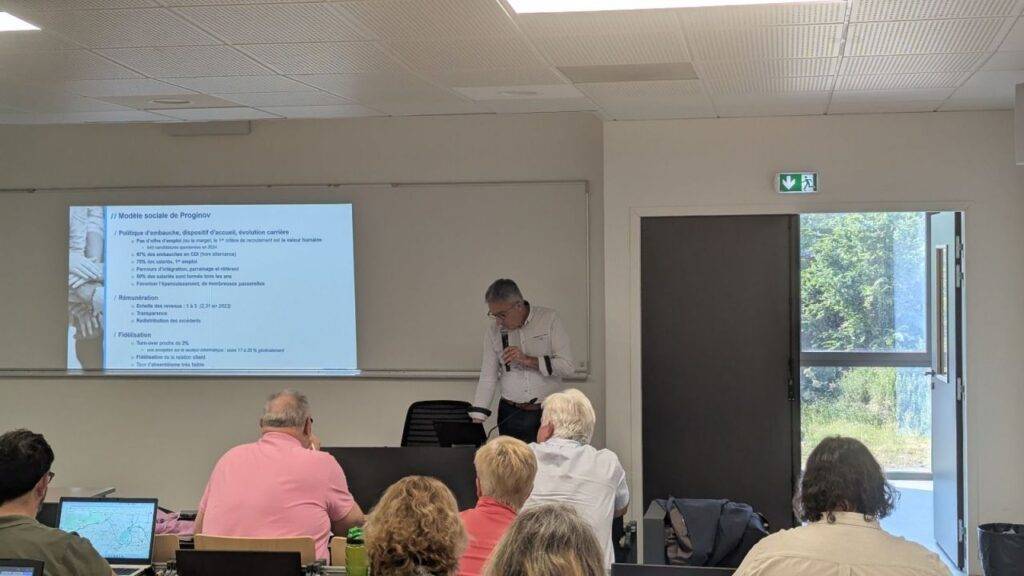
Next step: a summary report capturing the highlights of these discussions will be shared across our campuses and with the wider public, keeping this essential conversation alive and central to Icam’s mission.
Engineering, Frugality, and Innovation: The First Icam Low-Tech Challenge
Another key milestone was the Low-Tech Challenge, held on June 24 at the Nantes campus. This unique, public event brought together experts, students, field practitioners, and curious minds with one shared goal: engineering for what truly matters.
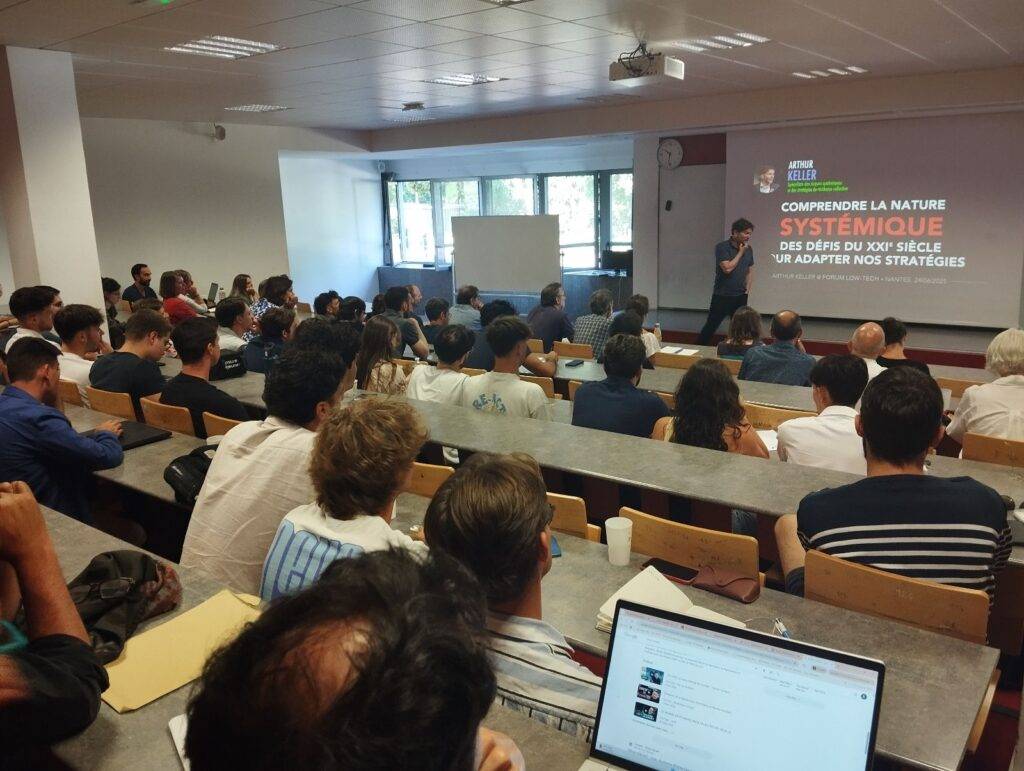
The day began with powerful talks by two renowned researchers and educators, Olivier Hamant and Arthur Keller, on resilience and systemic transition. Both emphasized the importance of collective resilience and Low-Tech solutions as paths toward frugality, efficient simplicity, and long-term sustainability. Humanity is currently consuming more resources than the planet can regenerate — an issue that is undeniably critical. So how can we collectively live on this planet while following a simple rule: not consuming more than the Earth can provide, and at the same time ensuring a social foundation that allows everyone to live with dignity?
Rather than constantly optimizing everything, we need to design robust, repairable objects tailored to real needs — tools that continue to serve us even in the face of the unexpected. These are common-sense, resilient practices that help us build a more sustainable future. This is not a step backward, but a call to focus on what truly matters.
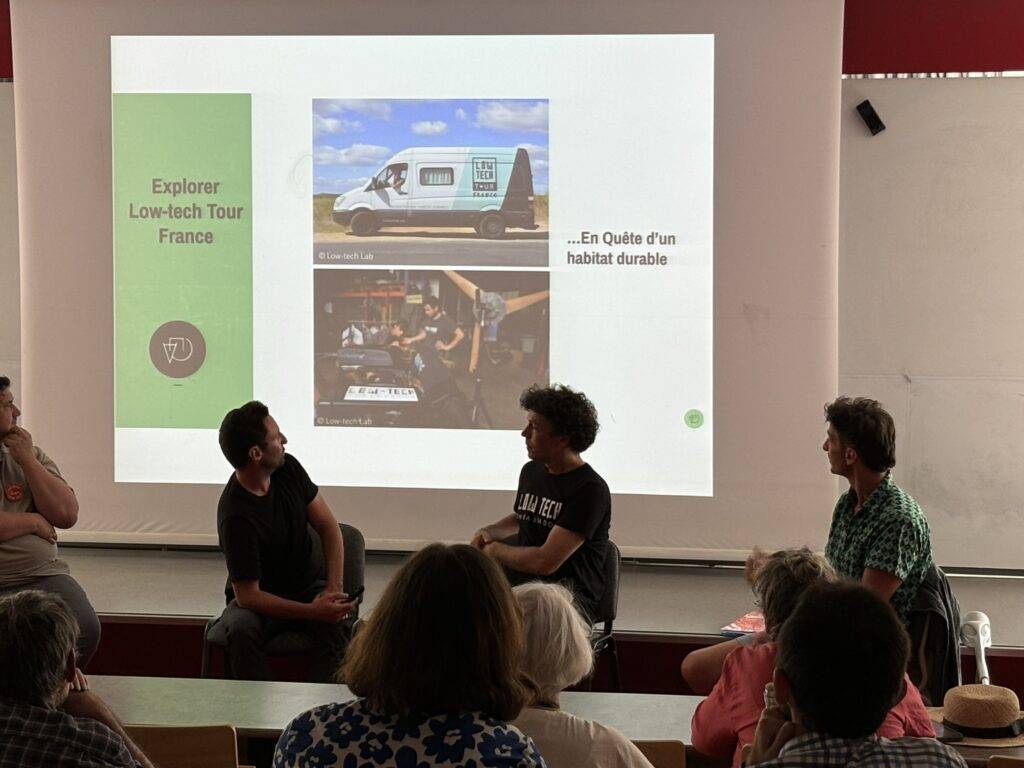
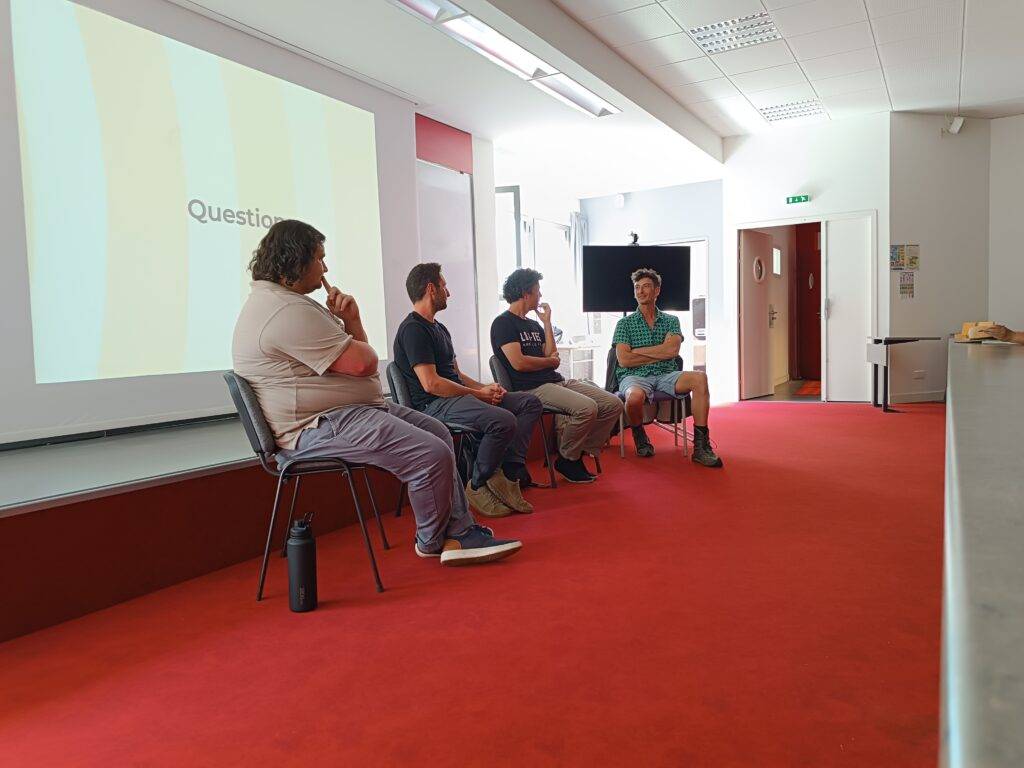
In the afternoon, a high-level roundtable titled “Is a Low-Tech Future Already Underway? A Look at Promising Initiatives and Concepts” featured Corentin de Chatelperron and Pierre-Alain Lévêque—both Icam Nantes graduates and co-founders of the Low-Tech Lab—alongside Fabien Bidaut, professor, and Rémy Ducros, coordinator of Low-Tech initiatives at Icam.
The event also included a project showcase, highlighting innovative student-led initiatives and reaffirming the vital role of engineers in implementing Low-Tech approaches.
Throughout the day, participants explored the Low-Tech association showroom, a space dedicated to exchange and discovery around Low-Tech practices and solutions.
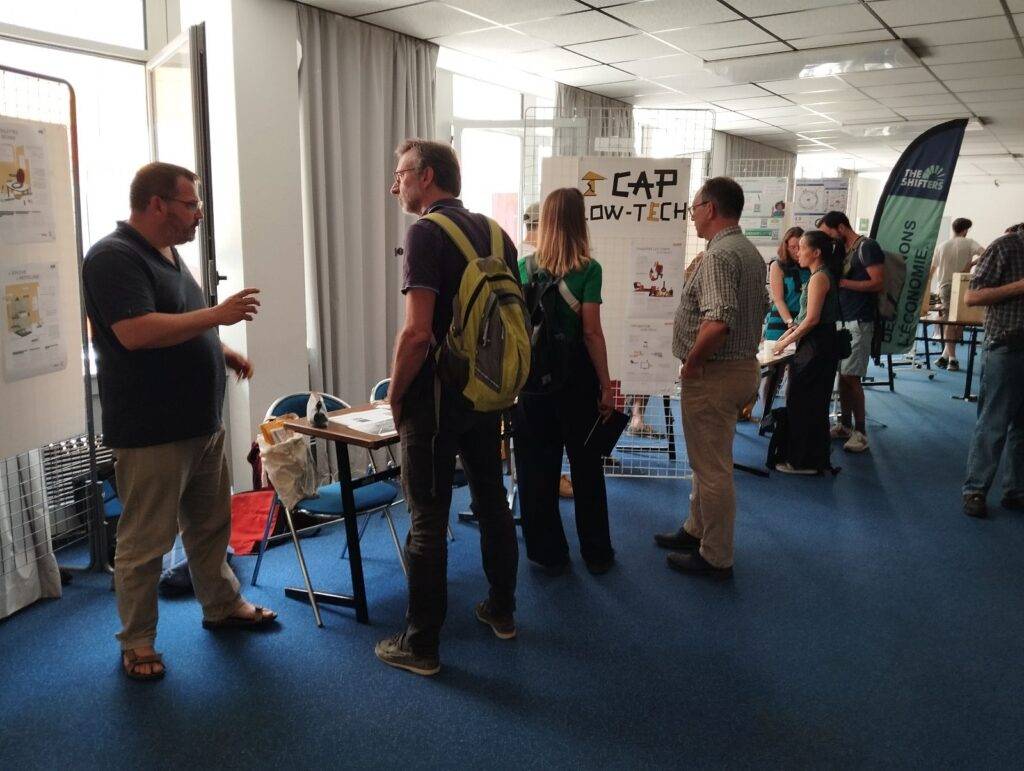
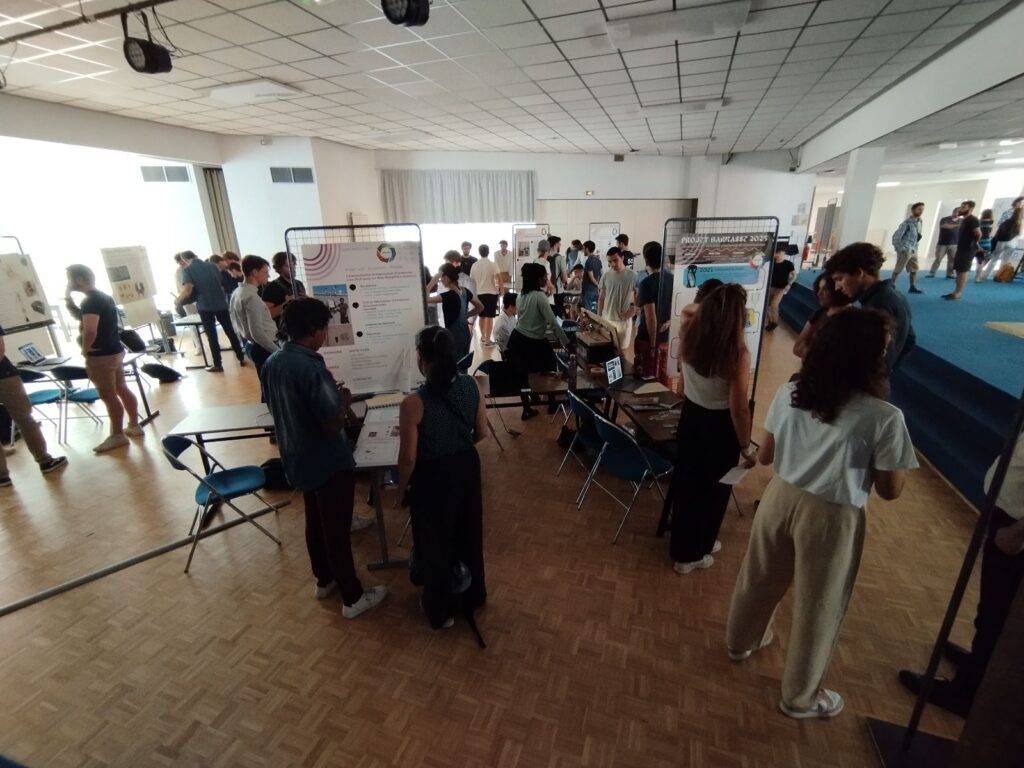
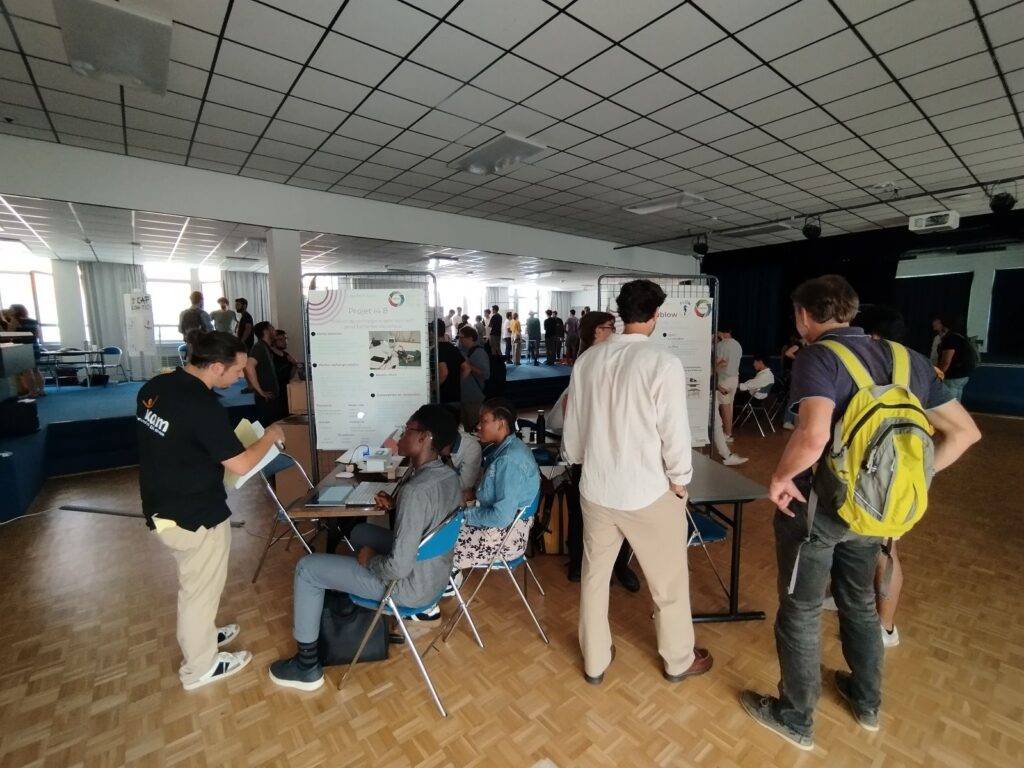
👉 Learn More About Low-Tech at Icam